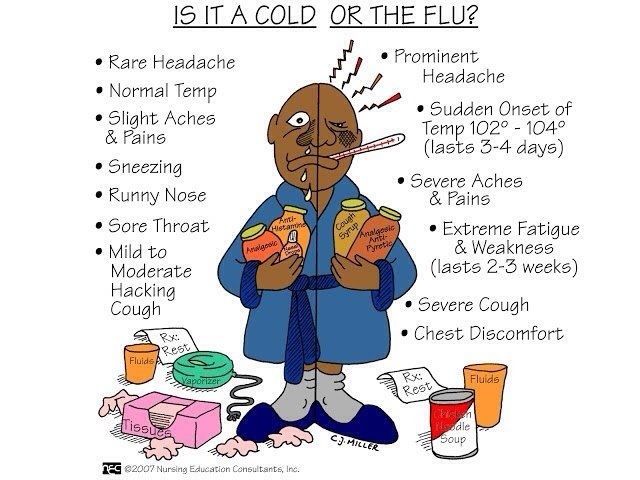
I don’t know about you but every winter I seem to learn about a new weather pattern, this year introduced the polar vortex. Perhaps this is not new terminology and maybe since I have to travel for my job, I am now always concerned about the weather. This weather event as we all now know brings extreme winter cold blast pattern that seem to have surpassed for now. Currently, the deep freeze is over and more tolerable temps returned, the long and short of it is, that’s January weather sometimes cold and sometimes even colder!


Cold weather requires vigilance in not getting the cold or flu. Flu season has hit the halfway point, according to the Center for Disease Control, cases are spiking. As temperatures drop throughout the country, more and more people are developing flu symptoms.
What are the best ways to protect yourself and others this year?
- Get the flu vaccine
- Wash your hands frequently with soap and water when possible
- Avoid contact with viral particles (i.e. Phone, tissues and door knocks)
- Avoid touching your nose, mouth and eyes with your fingers
- Use hand sanitizer frequently to stop spread of germs
- Use disposable tissues
- Get plenty of sleep and eat a well balanced diet
- Stop smoking
- Get regular exercise
- Zinc and Selenium supplements may help
Do you know the difference between a cold versus the flu?
Flu season has hit the halfway point however according to the Center for Disease Control, cases are spiking.

Initially, the flu many seem like a cold with a runny nose, sneezing and sore throat. But colds usually develop slowly, whereas the flu tends to come on suddenly. And although a cold can be a nuisance, you usually feel much worse with the flu.
Causes of the flu:
Flu viruses travel through the air in droplets when someone with the infection coughs, sneezes or talks. You can inhale the droplets, or you can pick up the germs from an object – such as a telephone or computer keyboard – and then transfer them to your eyes, nose or mouth.
Risk Factors that may increase your risk of developing the Flu:
Age: Seasonal influenza tends to target young children and people over 65. The pandemic H1N1 that surfaced in 2009, however, appeared to be most common in teenagers and young adults.
Occupation: Health care workers and child care personnel are more likely to have close contact with people infected with influenza.
Living conditions: People who live in facilities along with many other residents, such are nursing homes or military barracks, are more likely to develop influenza.
Weakened immune system: Cancer treatments, anti-rejection drugs, corticosteroids and HIV/AIDS can weaken your immune system. This can make it easier for youth catch influenza and may also increase your risk of developing complications.
Chronic illnesses: Chronic conditions, such as asthma, diabetes or heart problems, may increase your risk of influenza complications.
Pregnancy: Pregnant women are more likely to develop influenza complications, particularly in the second and third trimesters.
Complications: If your young and healthy, seasonal influenza usually isn’t serious. Although you may feel miserable while you have it, the flu usually goes away with no lasting effects. But high-risk children and adults may develop complications such as:
- Pneumonia
- Bronchitis
- Sinus infections
- Ear infections
Pneumonia is the most common and most serious. For older adults and people with chronic illness, pneumonia can be deadly. The best protection is vaccination against both pneumococcal and influenza.
Flu Treatment/Drugs:
Usually, you’ll need nothing more than bed rest and plenty of fluids to treat the flu. But in some cases, your doctor may prescribe an antiviral medication such as oseltamivir (Tamiflu) or zanamivir (Relenza). If taken soon after you notice symptoms, these drugs may shorten your illness by a day or so and help prevent serious complications.
The long and short of it….there is a big difference between having a cold and the flu in symptoms, onset, aches/pain, degree of fatigue as well as duration.
Thanks to the Mayo Clinic for information regarding cold vs flu.
